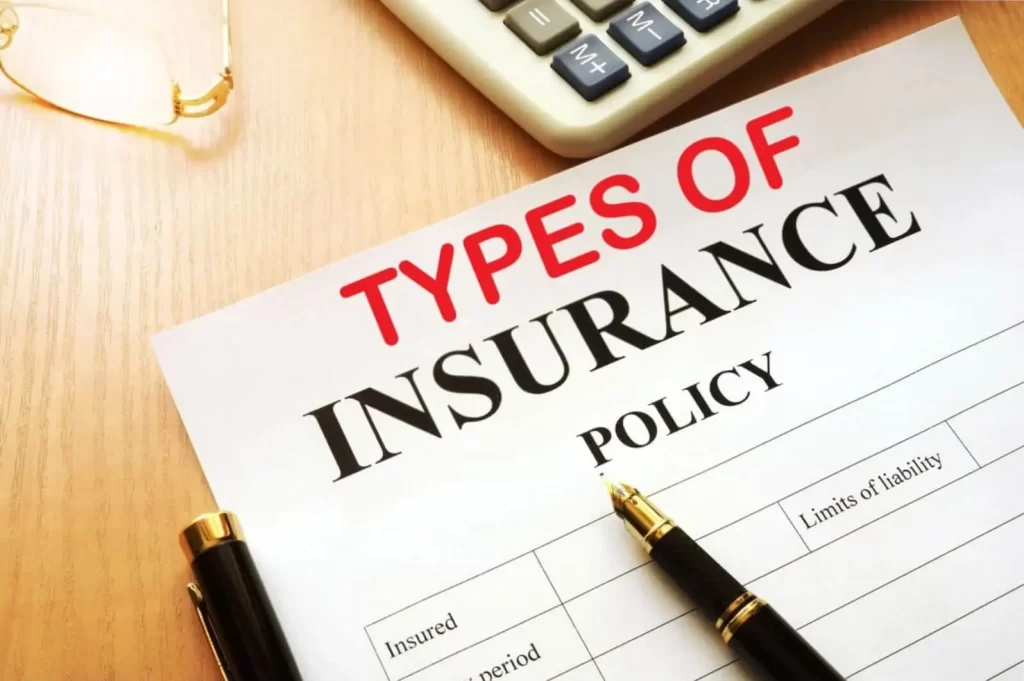What Type of Insurance Does Your Mortgage Company Want You to Have?

When applying for a mortgage loan, lenders typically mandate homeowners insurance as part of the application process. But which kind should you purchase?
Lenders typically only require protections that protect their financial investment, such as dwelling coverage in a home insurance policy. Lenders often prefer policies offering replacement cost dwelling coverage rather than actual cash value coverage for this reason.
Mortgage Insurance
Mortgage insurance provides protection to lenders should borrowers become unable to repay their loan payments on time, making homeownership more accessible for those without time to save up a larger down payment. Mortgage insurance has become an integral component of conventional loans with down payments less than 20%, making homeownership more accessible than ever for first-time borrowers and renters alike.
Conventional loans typically include private mortgage insurance as a monthly charge that’s added onto your payments, typically between 0.15 percent and one percent of loan value from one of the larger insurers such as MGIC (one of several such insurers).
Prepaid Mortgage Insurance (PMI) reduces upfront costs for homebuyers. Unfortunately, however, these types of PMI don’t cancel automatically when reaching 22% equity; make sure you ask your lender about it for more details – they should provide you with a copy of your loan estimate that explains this information or you could contact your state insurance department.
Hazard Insurance
Mortgage lenders frequently require hazard (or dwelling) coverage when offering home loans, which encompasses coverage for structures like fences, garages, sheds etc. as part of your homeowners policy.
Hazard insurance does not typically address natural disasters like hurricanes and floods; for this, separate policies should be purchased. Furthermore, it doesn’t cover maintenance incidents within your control such as sump pump failure or sewer backup in your basement.
Home insurance provides invaluable protection, especially for people taking out mortgage loans, so many opt for both hazard coverage and other forms of home protection coverage to offer more security, such as personal property and living expenses coverage in case of an incident covered by home and hazard policies. It’s essential that you understand exactly what each policy covers so you can compare options and pricing from different insurers; typically purchasing combined home and hazard policies will satisfy mortgage lender requirements; should specific needs arise, they’ll notify you ahead of time.
Mortgage Protection Insurance
Mortgage protection insurance (MPI), also known as home loan life insurance, works similarly to traditional life insurance but with a focus on your home loan debt. Should the unfortunate occur and leave behind unpaid balances on their home loans after death, MPI would pay directly into them directly so your family or heirs don’t need to manage them themselves. These policies typically offer limited term coverage with decreasing death benefits over time as you pay down your balances.
Preserving assets after death may not be required of mortgage borrowers, but it can be wise to give some thought. Not everyone needs posthumous coverage though – if your loved ones would use posthumous payouts for expenses like funeral costs or living costs it might make more sense to pursue traditional life insurance instead. Ready to take the next step? Get a free quote from Rocket Mortgage’s team – they are always here to assist! 2017 Quicken Loans Inc – All rights are reserved by them as an Equal Housing Lender Member FDIC NMLS # 3030







